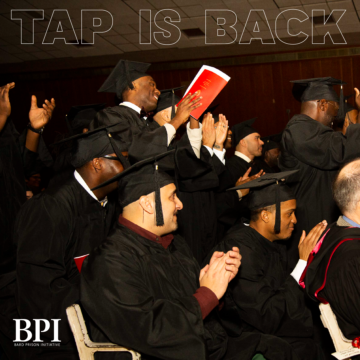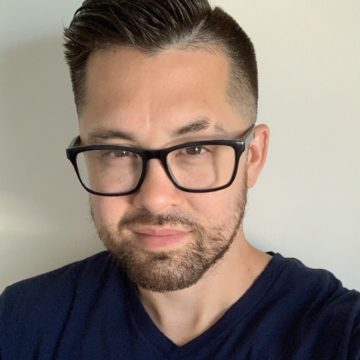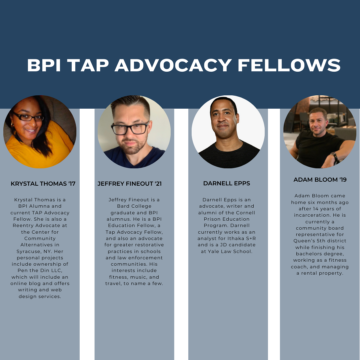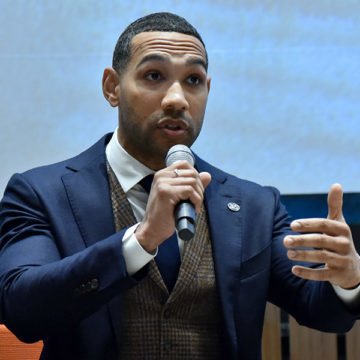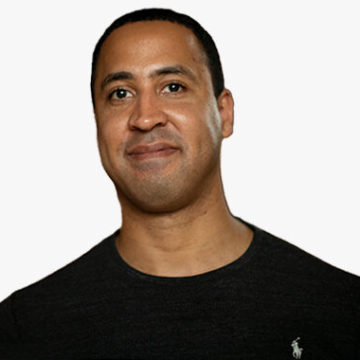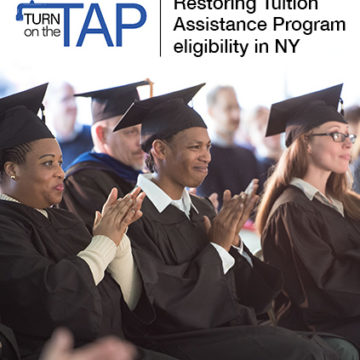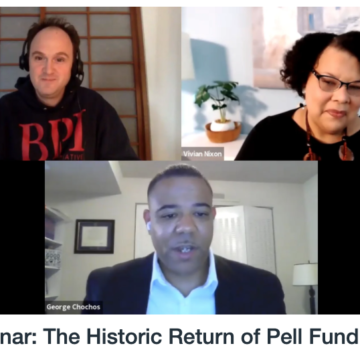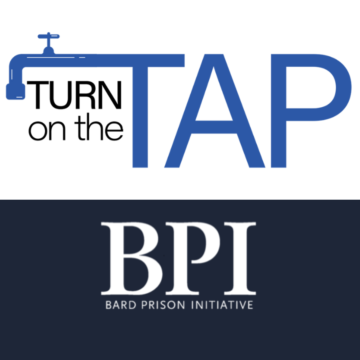Dear Friends, Today, after 26 years – at last – New York State has repealed its ban on incarcerated people receiving TAP grants. In our field – since the evisceration of education in prison in the mid-1990s – the fundamental goal has been the restoration… Read More
BPI Blog
Category: Advocacy / Policy
TAP Fellow Opinion: In Pursuit of Educational Equity & Justice
I have never felt utter despair and failure more than when I began my incarceration. That was the most difficult, seemingly hopeless point of my life—rock bottom, so to speak. I ultimately served a decade in prison. My life took yet another unexpected turn from… Read More
TAP: A Long Time Coming
Incarcerated students' ability to access New York's Tuition Assistance Program (TAP) has been restored in New York State after 26 years of a senseless and destructive ban. This victory is a long time in the making. With BPI's Senior Government Affairs Officer Dyjuan Tatro '18… Read More
Alumni Voices: #TurnOnTheTAPNY
Following the 1994 federal Pell ban, New York banned incarcerated people from accessing the state's Tuition Assistance Program (TAP) in 1995. As a result, the number of college-in-prison programs in New York fell from over 70 to 4. In her January 5, 2022 State of… Read More
TAP Fellow Opinion: Restoring Tuition Assistance for Incarcerated Students in New York
In her first State of the State address since taking office, New York Governor Kathy Hochul outlined an agenda that included repealing the 27-year ban on college tuition assistance, also known as TAP, for incarcerated students. In 1995, when the ban was first instituted, incarcerated… Read More
Become a BPI TAP Advocacy Fellow!
BPI TAP Advocacy Fellowship Overview The Bard Prison Initiative seeks four Fellows for a three-month BPI TAP Advocacy Fellowship. The Fellowship will run from Jan 3, 2022 through April 1, 2022, and offer four BPI alumni or other formerly incarcerated alumni of other college-in-prison programs the… Read More
Webinar: The Historic Return of Pell Funding for Incarcerated Students and What Comes Next
On March 10th, George Chochos '10, Senior Federal Policy Associate at the Vera Institute of Justice; Rev. Vivian Nixon, Executive Director of College & Community Fellowship; and Max Kenner '01, Executive Director of BPI joined this webinar to discuss the historical restoration of Pell… Read More
#TurnOnTheTAPNY Legislative Briefing
On February 25th BPI joined with College and Community Fellowship and colleagues in the field of college-in-prison to discuss with legislators and staffers the importance of restoring eligibility for NY's Tuition Assistance Program (TAP) to incarcerated students in New York State. Click here to… Read More
WBAI’s On the Count – The Prison And Criminal Justice Report
In this episode, listen to an in-depth conversation with Max Kenner '01, alumnus Dyjuan Tatro '18, and Vivian Nixon, Executive Director of College & Community Fellowship who discuss the impact of federal Pell Grant restoration; the history and future of college-in-prison and why it… Read More


